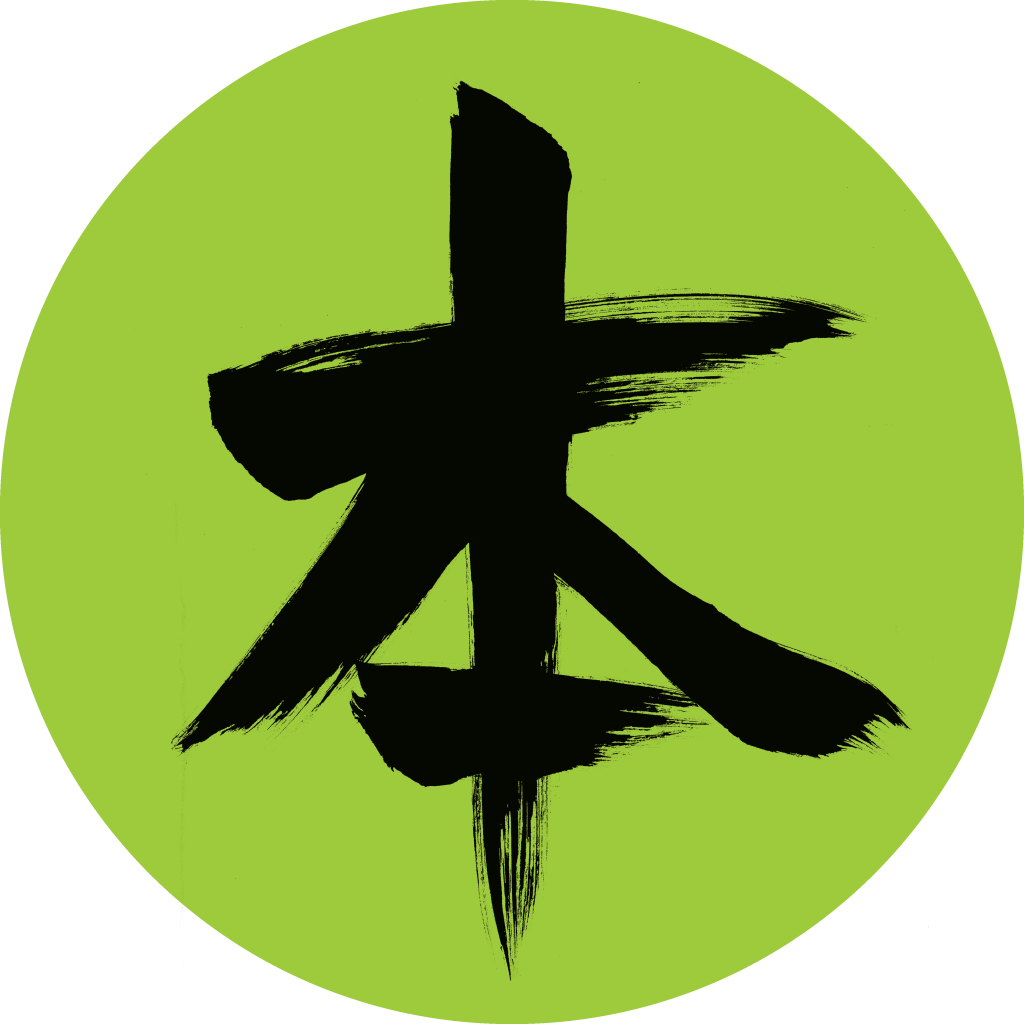In this episode of the Books on Asia podcast, host Amy Chavez talks with Alex Kerr about his new book Finding the Heart Sutra: Guided by a Magician, an Art Collector and Buddhist Sages from Tibet to Japan.
(Click “more” below to see the Show Notes, which include an encapsulated version of the interview). To subscribe to the Books on Asia Podcast, click here.
Books on Asia Podcast 8: Show Notes
“Welcome to the Books on Asia podcast, I’m your host, Amy Chavez, and today we have with us Alex Kerr who is going to talk with me about his newly published book Finding the Heart Sutra: Guided by a Magician, an Art Collector and Buddhist Sages from Tibet to Japan. (Allen Lane, Penguin U.K. Nov. 26, 2020).

Books on Asia: Your book “Finding the Heart Sutra” is coming out this week, congratulations!
Alex Kerr: This book is a result of 40 years of what’s basically been an obsession with the subject. I did the calligraphy on the cover as well as the kanji throughout the book. Calligraphy is another obsession of mine since I was a boy of nine, and calligraphy is key to the Heart Sutra. Millions of people in Japan, China and other parts of Asia, chant the Heart Sutra, but you can also write it. Writing it, called shakyo— copying the Heart Sutra by hand—is the traditional way to gain merit. So calligraphy has been associated with the Heart Sutra from day one.

BOA: What moved you to write a book about about the Heart Sutra?
Kerr: The subject is the emptiness of life – the deepest subject that there is. Also, part of it is the fascination with the brevity of the sutra. It’s really short. It’s roughly 50 lines. You can recite the whole thing in a minute which means it’s compressed, intense, kanji by kanji, line by line. Universes of Buddhist thought are compressed into mere phrases in the Heart Sutra. I call these jewel phrases. The more you learn about the sutra, the deeper you can go. There’s a story in it as it moves from start to finish, and there’s also this incredible depth. Many of the words have been discussed at length by commentators, but I found to my surprise others that hadn’t been talked about at all because they seemed obvious.

BOA: Can you talk about how the Heart Sutra relates to Japanese culture?
Kerr: The Heart Sutra has gone really deep into Japanese culture. Especially the famous lines “The material world is itself emptiness. Emptiness is itself the material world.” All the Japanese know that phrase. When they hear it in kabuki, they get it immediately. You hear it quoted on television; it’s printed on fans, neckties, tenugui (hand cloths), coffee mugs, shopping bags.

Evanescence, impermanence, that’s maybe the biggest subject of Japanese literature. Those things arise from Buddhism in general, but you feel them most intensely in the Heart Sutra. Because it was so short, something everyone knew, it has infused literature, gardens, sculpture, all of those things have the Heart Sutra in them.

Another reason I wanted to write this book has to do with “transmission.” There’s this idea that wisdom has been transferred down the ages from the Buddha to his disciples, and from them through generations of teachers to us. In my own life, I’ve been fascinated by mentors, both people I knew, such as David Kidd (“the art collector”), William Gilkey (“the magician”), and the French writer Marguerite Yourcenar, who inspired me to write this. And for over a thousand years, there have been sages who studied and wrote about the Heart Sutra. Some, like Hakuin and Kukai, are well known in Japan. Others, such as the great Tang dynasty monk Fazang are less known today, but had sharp and revelatory insights. Plus there are the Indians and Tibetans. I’m not the only one that’s been obsessed! I wanted to pass these things on.
To hear the complete interview with Alex Kerr, click on the podcast button at the top of this page.
To subscribe to the Books on Asia Podcast, click here.
If you’d like a primer on the author’s mentor David Kidd, read Books on Asia’s previous interview with Alex Kerr about mentors here.
Lost Japan
Dogs and Demons
Another Kyoto (w/
日本巡礼 (in Japanese)
(Upcoming) Another Bangkok
